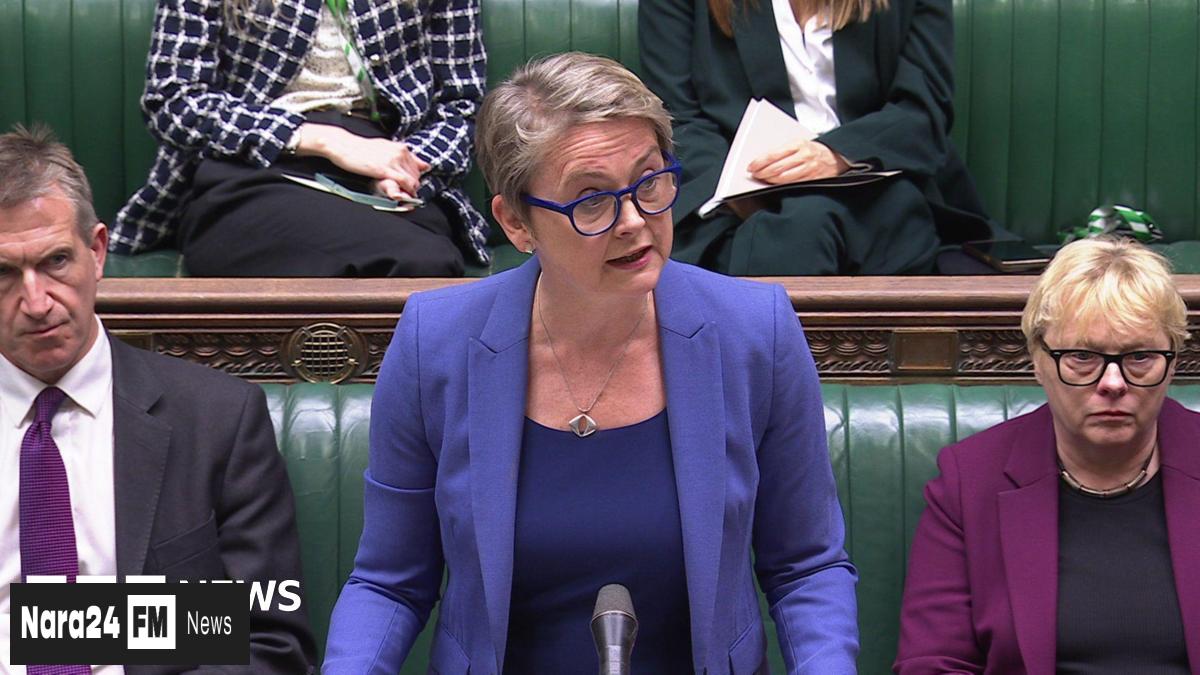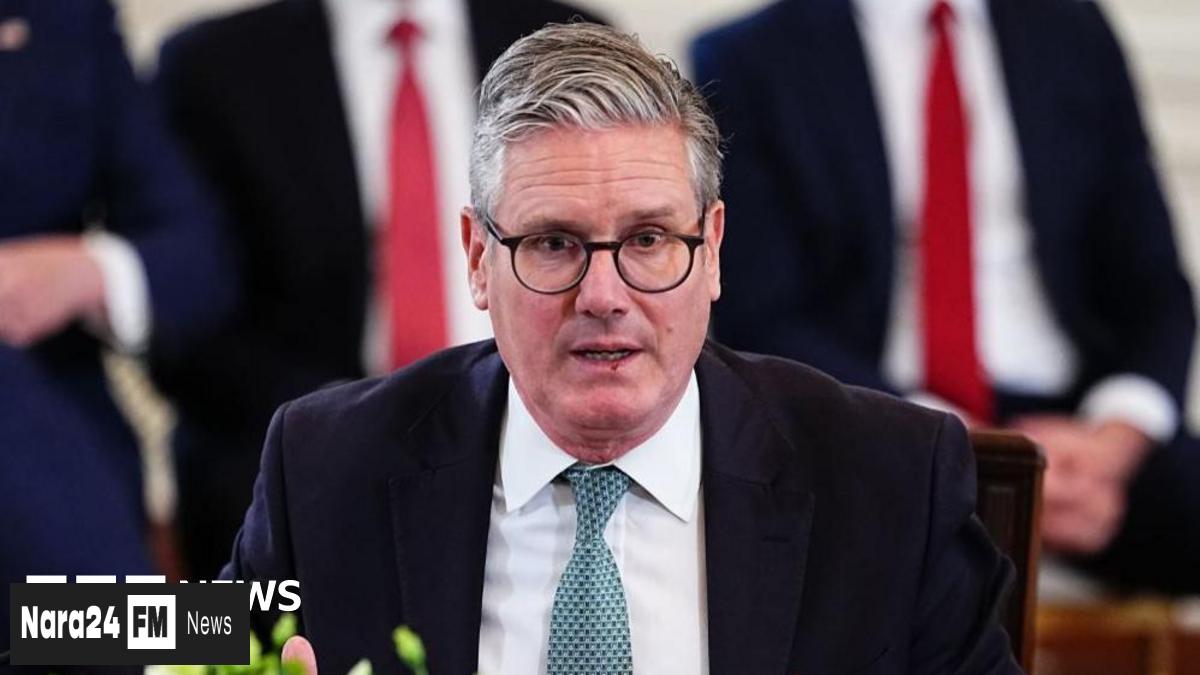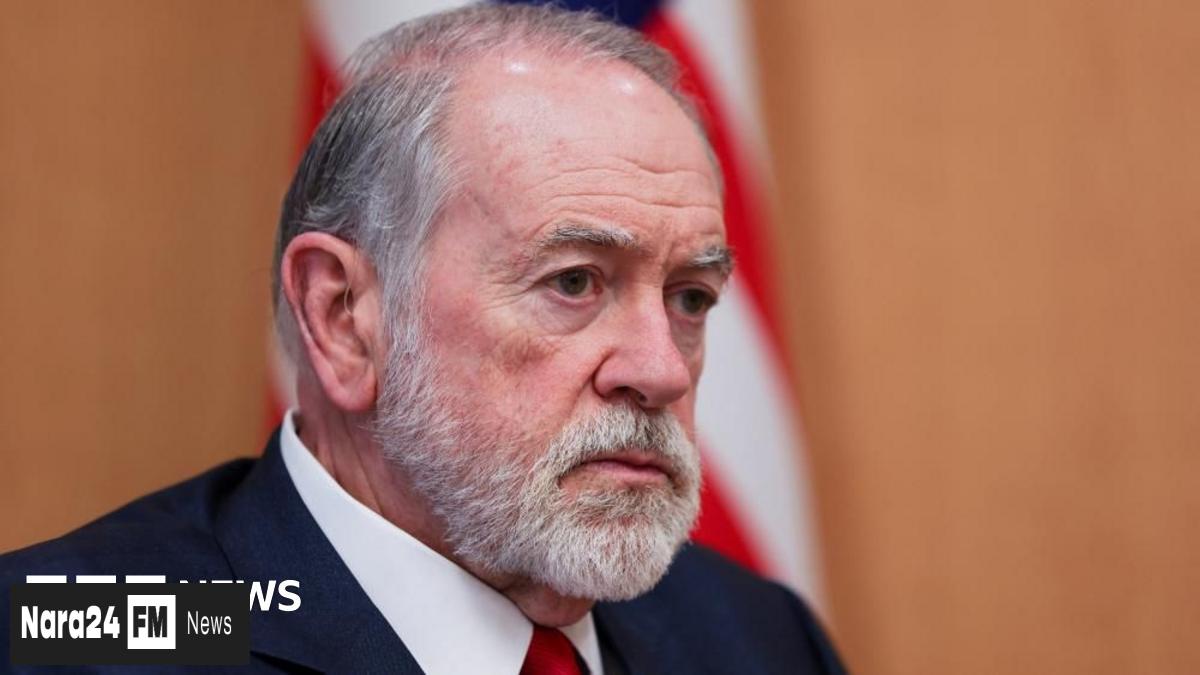In This Article
- Scheme Activation and Initial Detentions
- Operational Secrecy and Deportation Plans
- Bilateral Agreement Mechanics
- Political Reactions and Criticism
- Surge in Crossings and Future Measures
Key Takeaways
- The UK has started detaining migrants under a new 'one in, one out' agreement with France to curb Channel crossings, marking the beginning of a contentious policy.
- Over 155 migrants arrived via small boats in the UK on the first day of the pilot scheme, with detainees held in removal centers pending repatriation to France.
- Home Secretary Yvette Cooper withheld operational details to prevent smuggling exploitation, citing security concerns while emphasizing immediate detention and return for arrivals.
- The bilateral agreement mandates the UK to accept an equal number of pre-vetted asylum seekers from France for each migrant returned, with strict timelines for referrals and responses.
- Prime Minister Keir Starmer defended the policy as 'detention and return,' while the Conservative opposition criticized it as less effective than the stalled Rwanda deportation scheme.
- Over 25,000 migrants have crossed the Channel in 2025, a 49% increase from 2024, intensifying pressure on policymakers to address irregular crossings.
- The Home Office plans to launch awareness campaigns in northern France to promote legal pathways, though long-term efficacy remains uncertain.
Pilot Scheme Activates Amid Record Crossings
The UK detained its first group of migrants under a newly implemented "one in, one out" agreement with France on Wednesday, marking the start of a contentious policy designed to curb irregular Channel crossings. Border Force vessels brought individuals wearing life jackets into Dover port, coinciding with the program's launch day. Home Office data confirmed 155 migrants arrived via small boats that same day, with detainees now held in removal centers pending repatriation to France.
Operational Details Withheld
Home Secretary Yvette Cooper declined to specify detention numbers, citing operational security to prevent exploitation by smuggling networks. "Anyone arriving now faces immediate detention and return," she stated, emphasizing France's designation as a safe third country. The first deportations under the 11-month pilot could occur within weeks, though officials anticipate legal challenges.
Bilateral Agreement Mechanics
Announced during French President Emmanuel Macron’s July state visit, the policy mandates the UK to accept an equal number of pre-vetted asylum seekers from France for each migrant returned. Referrals for removals must be made within three days of arrival, with French authorities required to respond within 14 days. Eligible applicants in France can apply via a Home Office portal, undergoing security screenings and visa processes before potential relocation to Britain.
Political Tensions Persist
Prime Minister Keir Starmer reiterated the government’s resolve: "If you break the law to enter, you will be sent back." However, the Conservative opposition criticized the plan as insufficient compared to their stalled Rwanda deportation scheme. Shadow Home Secretary Chris Philp called abandoning the Rwanda policy a "foolish error," arguing Labour’s approach lacks deterrence.
Surge in Crossings
Over 25,000 migrants have crossed the Channel in 2025—a 49% increase from 2024—intensifying pressure on policymakers. While UK law bars returning asylum seekers to unsafe origins, transfers to secure third countries like France remain permissible. The Home Office plans to launch an awareness campaign in northern France to promote the new legal pathways, though uncertainties linger about the policy’s long-term efficacy.








Comments (0)
Leave a Comment
Be the first to comment on this article!